August 30, 2025 | 06:02 GMT +7
August 30, 2025 | 06:02 GMT +7
Hotline: 0913.378.918
August 30, 2025 | 06:02 GMT +7
Hotline: 0913.378.918
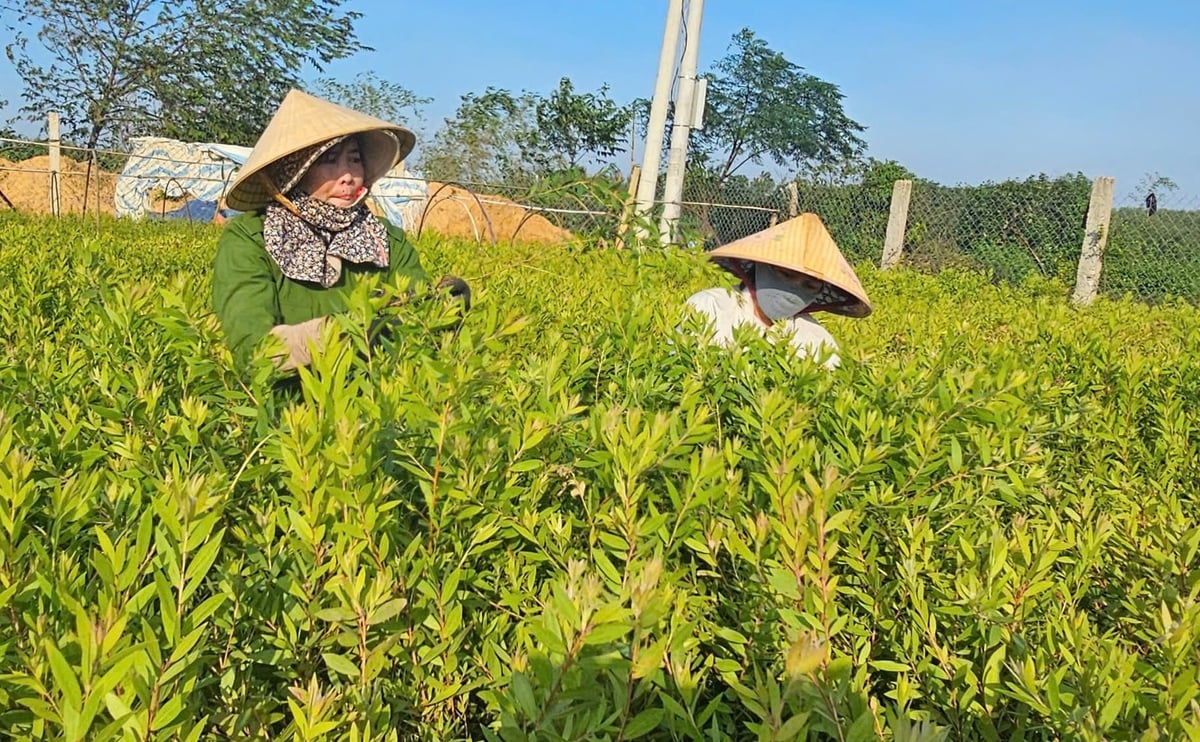
Since 2020, the cooperative has received support to develop models cultivating tea trees (Melaleuca alternifolia) and five-veined cajeput (Melaleuca quinquenervia), both imported from Australia. Photo: T. Phung.
Tran Thi Nhu Oanh, originally a gentle rural woman from Dong Thanh hamlet, Nam Trach commune in Quang Tri province, has long harbored a strong determination to succeed on her sun-scorched hilly homeland. Growing up, she became familiar with the fresh scent of lemongrass, often used to wash hair or for a soothing bath after long days working in the fields. Observing the market’s demand for cajeput oil, she envisioned launching a lemongrass essential oil business. With lemongrass readily available in her garden and from neighbors, she began harvesting it during sunny periods, when oil content is highest, and distilled it using traditional methods.
“As soon as I had a batch ready, I would bottle it and deliver it to local shops or give it to friends and family to help introduce it to the market”, Nhu Oanh recalled.
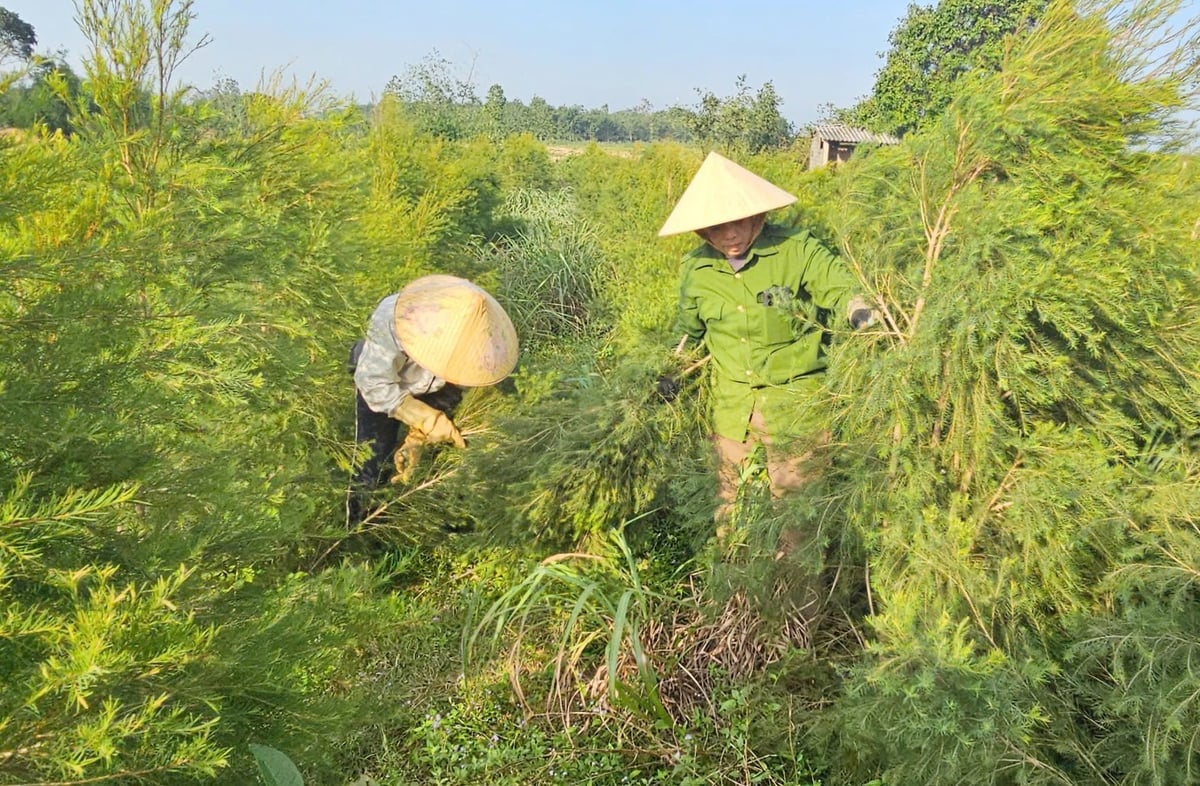
Harvesting tea tree branches and leaves. Photo: T. Phung.
After initial success, she expanded her operations and founded the Nhu Oanh Essential Oil Production Cooperative, where she serves as director. “Our cooperative’s mission is to produce high-quality essential oils that meet export standards”, she explained.
Since 2020, the cooperative has received support to develop models cultivating tea trees (Melaleuca alternifolia) and five-veined cajeput (Melaleuca quinquenervia), both imported from Australia. According to Nhu Oanh, these species grow rapidly and thrive in hilly terrain, becoming ready for harvest after just one year. Once the initial leaves were harvested and distilled, she began propagating the plants herself. After multiple trials, she succeeded in root development using cuttings, allowing the cooperative to be self-sufficient in seedling supply.
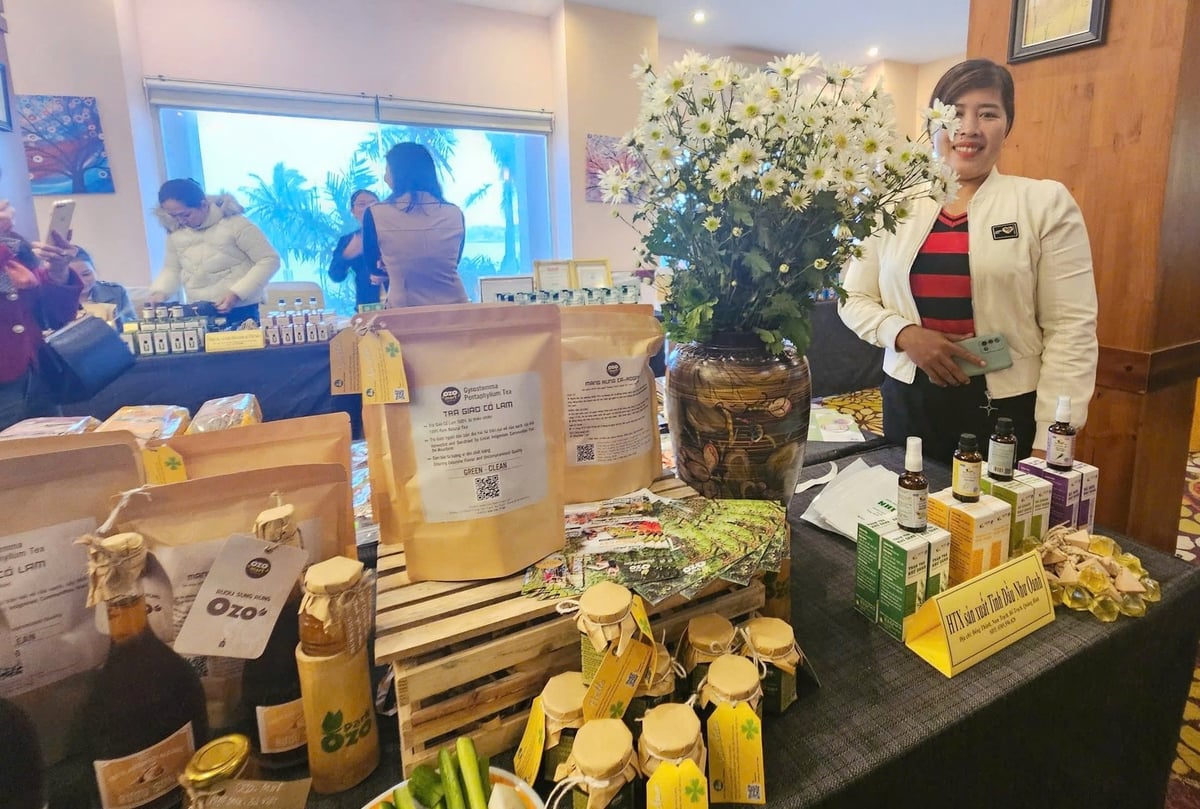
Essential oil products of Nhu Oanh Essential Oil Cooperative are introduced to customers. Photo: T. Phung.
“To date, we supply nearly 300,000 Melaleuca seedlings to the market annually, with about 200,000 used for our own expansion”, she noted.
To scale up production, the cooperative has partnered with farmers, local co-ops, and communities to supply seedlings and purchase harvested leaves. They also lease land in Quang Tri and Ha Tinh provinces to expand their growing areas.
“We currently manage nearly 40 hectares of land, with about 30 already in use. This year, we plan to plant an additional 40 hectares. We’ve prepared the seedlings and are preparing the soil to plant as soon as the rainy season begins”, said Nhu Oanh.
The cooperative now produces four main essential oil products: lemongrass, cajeput, tea tree, and five-veined cajeput oils. These products have achieved 3-star OCOP (One Commune One Product) certification and are being sold in markets such as Laos, Thailand, and Japan. Last year alone, they produced 4 tons of essential oil and delivered around 50,000 bottled units to the market, complete with branding and traceability labels.
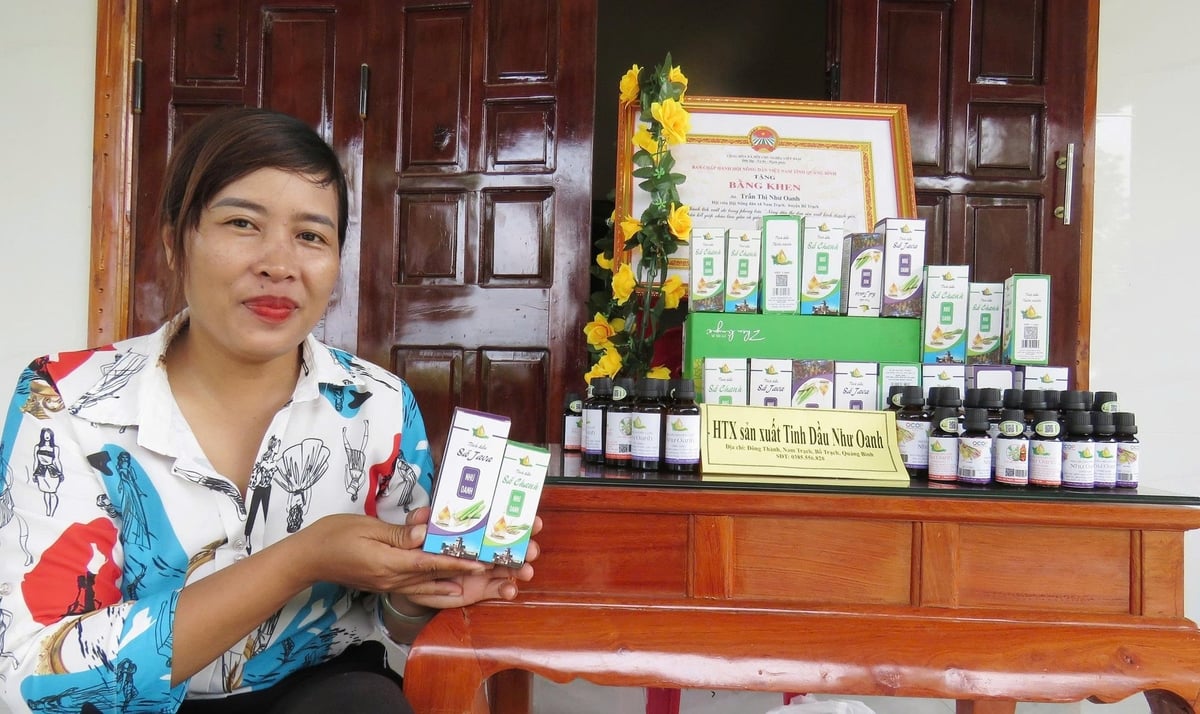
Ms. Nhu Oanh: "Our cooperative will continue buying raw materials from local farmers to grow production and strive to increase revenue and income for our workers". Photo: T. Phung.
“Some international partners have shown interest in our product line and raw material areas, with potential for production or distribution collaboration”, Nhu Oanh said.
Looking ahead, she plans to invest in high-tech equipment to enhance product quality and design, meet consumer demands, and expand partnerships to increase planting areas and seedling supply. “Our cooperative will continue buying raw materials from local farmers to grow production and strive to increase revenue and income for our workers”, she affirmed.
In recent years, Vietnam has witnessed a growing interest in the cultivation of medicinal plants for essential oil production, particularly in rural and mountainous regions. This trend is driven by rising domestic and international demand for natural health and wellness products, coupled with efforts to diversify rural livelihoods and promote sustainable agriculture.
Currently, the cooperative has cultivated and partnered with local farmers to develop over 40 hectares of medicinal plants, creating jobs for 12 full-time and 35 seasonal workers. Monthly incomes range from VND 8 to 12 million, depending on job roles. The cooperative generates an annual revenue of VND 5–7 billion, with profits of around VND 500–700 million.
Its lemongrass and cajeput essential oil products are supplied to domestic markets such as Hanoi, Nha Trang, and Can Tho, and have also been exported through informal cross-border trade. These products have received positive feedback from consumers in countries such as Germany, Hungary, and China.
Translated by Linh Linh
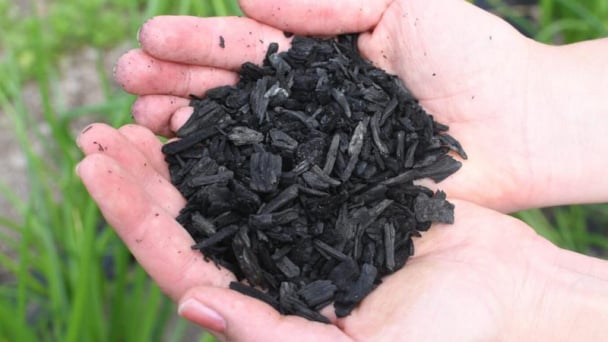
(VAN) This is the opinion of the first Vietnamese enterprise recognized for biochar carbon credits, opening a pathway for circular agriculture development and billion-dollar opportunities.
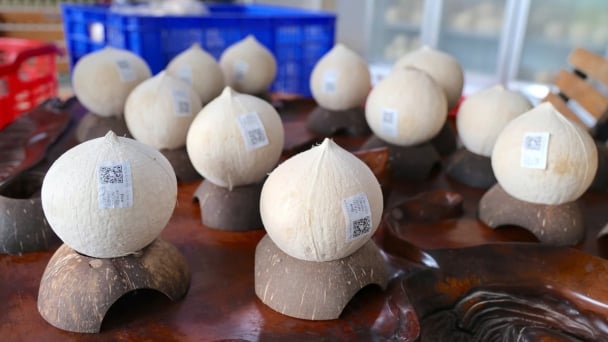
(VAN) Viet Coconut Cooperative 78 has built the brand 'Tay Ninh peeled coconut', pioneering the use of QR codes on each fruit and opening the way for local coconuts to reach larger markets.
/2025/08/28/3715-2-002414_57.jpg)
(VAN) The success of Moc Chau farmers has been significantly supported by international organizations, which have introduced techniques and models for farmers to apply to their production.
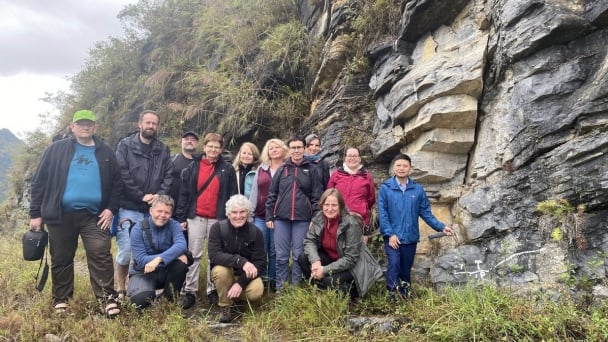
(VAN) Conserving and sustainably utilizing geological heritage at the Dong Van Karst Plateau Global Geopark will drive economic development in upland regions.

(VAN) In the face of climate change, rapid urbanization, and rising pollution, deploying advanced technologies is an urgent solution for sustainable water resource management.
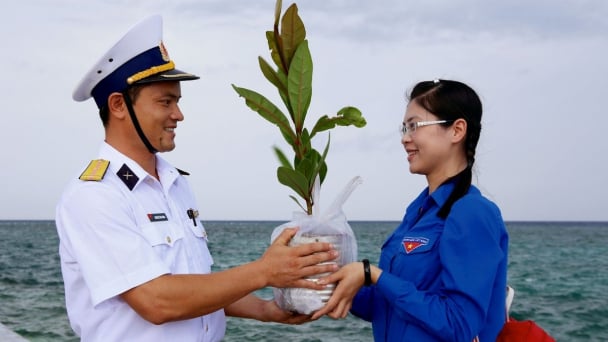
(VAN) MB launched the 'Million green landmarks' campaign to raise funds for tree planting, aiming to green the Truong Sa archipelago and contribute to safeguarding maritime sovereignty.

(VAN) A proposed waste-to-energy plant initiative has captured the attention of South Korean enterprises, thereby creating opportunities for collaboration in renewable energy, amidst the increasing pressure to manage waste.